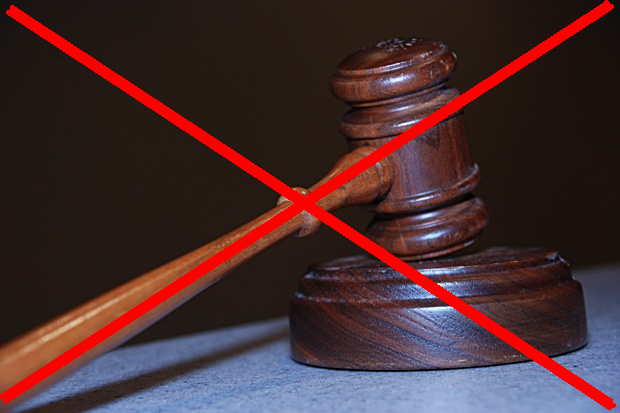eDiscovery Trends: Third Party Vendors Named in McDermott eDiscovery Malpractice Case

You might remember eDiscovery Daily's blog post a few weeks ago about the filing of an eDiscovery malpractice lawsuit against McDermott Will & Emery by J-M Manufacturing Co., a former client of McDermott's.
This case has struck a chord in the eDiscovery community since its filing on June 1, drawing attention to the practices and standards that are at the heart of eDiscovery and outsourced review. Now, the First Amended Complaint has revealed the third party vendors involved in the eDiscovery malpractice suit.
Navigant Consulting, Stratify and Hudson Legal Named in First Amended Complaint
On July 28, J-M Manufacturing filed the amended complaint to its case against McDermott. The amended malpractice complaint describes the role of the third party vendors hired by McDermott, as follows:
- According to J-M Manufacturing, McDermott hired both Navigant Consulting, Inc. and Stratify, Inc. to run documents through a filter intended to identify and separate materials that were covered by attorney-client privilege and any documents not responsive to subpoenas.
- Prior to the second production of privileged documents to the federal government, Hudson Legal was also hired by McDermott, and was tasked with reviewing documents identified as potentially privileged and classifying them as either: a) responsive and privileged, b) responsive and not privileged, or c) nonresponsive.
Despite the efforts of these three companies, approximately 3,900 privileged documents were included in the 250,000 discovery documents that were turned over to the government and, in turn, given to relators for examination. The relators subsequently refused to return the privileged documents on the grounds that McDermott twice conducted privilege reviews before producing the documents.
J-M Manufacturing Claims McDermott Held Files Hostage
The new amendment also includes the assertion that McDermott held relevant case files “hostage” against payment of an outstanding invoice of $530,477 after it was replaced as J-M Manufacturing's attorney. A McDermott partner reportedly emailed the president of J-M Manufacturing and said, "I'm told that our firm policy is not to release all files until full payment is made. If you'd like all the files now, please send a check for the entire $530,477 and we'll get them out to you promptly."
In the amended complaint, J-M Manufacturing contends that McDermott’s contact (including the above referenced email) violated the California Rules of Professional Conduct, preventing J-M from recognizing the “true nature and extent of the negligent disclosure” until it was too late.
In its own filing, McDermott responded to the amended complaint by criticizing J-M Manufacturing for "scandalous and irresponsible allegations that could not have been the result of a reasonable pre-filing inquiry." McDermott indicated that they’re “willing and able to set the record straight”, but has “resisted the temptation to tell the full story without first giving J-M the opportunity to withdraw its complaint”. McDermott also warned that “J-M’s interests could be seriously compromised” if McDermott is forced to fully disclose the facts.
So, what do you think? Has this case degenerated into "scandalous and irresponsible allegations", or are McDermott and its vendors at fault? Will we see more cases like this? Please share any comments you might have or if you'd like to know more about a particular topic.





